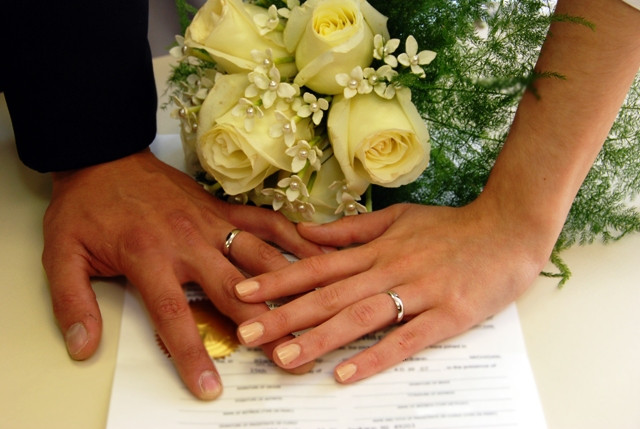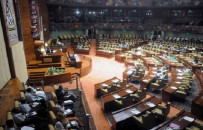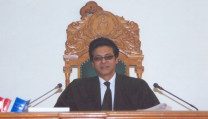Scholars, MPs unite for marriage age reform
Call for setting 18 years as minimum legal age of marriage for both girls and boys

The Punjab Commission on the Status of Women (PCSW), the Women Development Department (WDD), Government of Punjab, and Potohar Organisation for Development Advocacy (PODA) jointly organised a consultative session on Marriage Age Legislations and Muslim Family Laws.
The event brought together international Muslim scholars and researchers from Bangladesh, Indonesia, Morocco, Nigeria, Oman, and Yemen, along with representatives from key provincial departments, including Law and Parliamentary Affairs, Women Protection Authority, Auqaf, Baitul Maal, Social Welfare, Local Government and Community Development, Police, Punjab Safe City Authority, Health, Population Welfare, and Education.
Lawyers, religious scholars, civil society members, persons with disabilities, and academicians also participated. Panellists shared best practices from Muslim countries where 18 years and above is recognized as the minimum legal age of marriage for both girls and boys. They emphasized that emotional and physical maturity are equally vital for building a strong and healthy Ummah.
International participants included Amal Basha (Yemen), Andi Nur Faizah (Indonesia), Prof Aziz Mechout (Morocco), Badar bin Salim bin Hamadan (Oman), Balarabe A Haruna (Nigeria), and Saimum Reza Talukder (Bangladesh).
Eight Members of the Punjab Assembly - Uzma Kardar, Rushda Lodhi, Safia Saeed, Fatima, Nasreen, Mumtaz Sumbal, Maalik Hussain, and former MPA Shameela Aslam - jointly advocated for raising the minimum marriage age for girls to 18 years across Pakistan. They stressed that protecting vulnerable girls from early marriage aligns with Islamic principles of justice, equality, and wellbeing.
In his welcome remarks, PCSW Secretary Ijaz Ahmed Joyia said marriage is the foundation of a strong family structure - an intersection of faith, culture, law, and human rights that requires thoughtful dialogue.
Imam of Badshahi Mosque, Qari Muhammad Anis, also attended and endorsed the initiative, reaffirming that safeguarding girls' rights is both a moral and religious obligation.
Participants agreed that Islam is a progressive religion that allows legal evolution in line with the Quran and Sunnah to meet societal needs.





















COMMENTS
Comments are moderated and generally will be posted if they are on-topic and not abusive.
For more information, please see our Comments FAQ